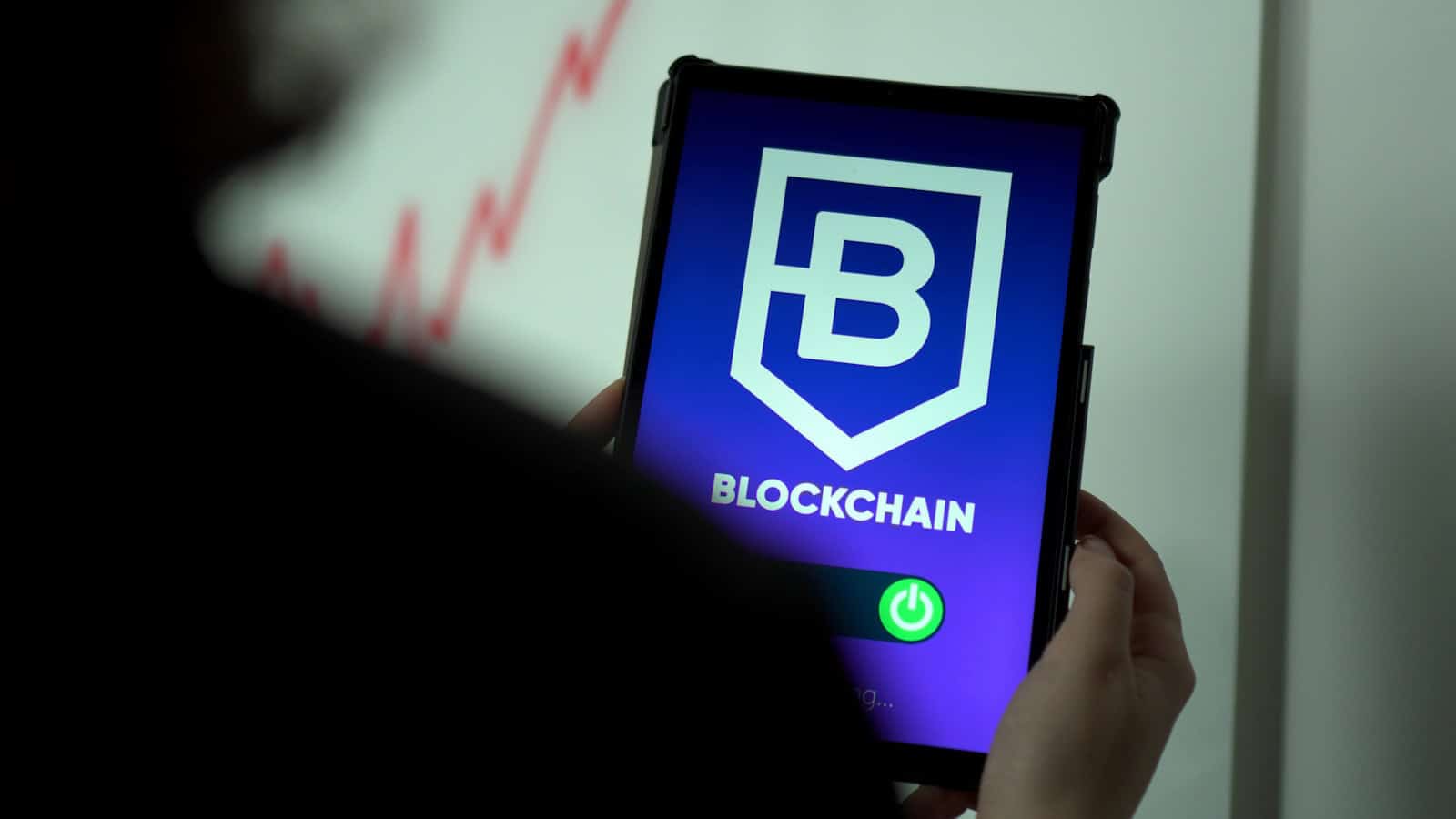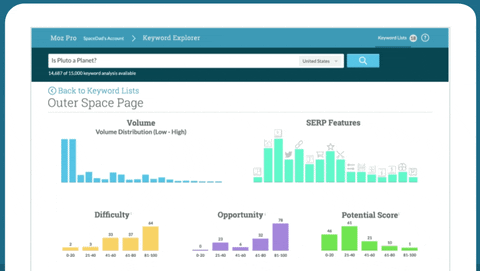You may have encountered the term “blockchain.” This innovative technology has emerged as a transformative force across various sectors, fundamentally altering how data is stored, shared, and secured. At its core, blockchain is a decentralized digital ledger that records transactions across multiple computers, in such a way that the registered transactions cannot be altered retro-actively. This characteristic ensures transparency and security, making it an appealing solution for numerous applications.
The concept of blockchain was first introduced in 2008, with the advent of Bitcoin. However, its potential extends far beyond cryptocurrencies. Blockchain technology can facilitate trust and accountability in environments where traditional systems often fall short. By eliminating the need for intermediaries, blockchain empowers individuals and organizations to engage directly with one another, fostering a new era of collaboration and efficiency.
As you explore the various applications of blockchain, you will discover how it is reshaping industries and creating new opportunities for innovation.
Key Takeaways
- Blockchain technology is a decentralized and secure way of recording transactions and data across a network of computers.
- In financial services, blockchain has the potential to streamline processes, reduce fraud, and lower transaction costs.
- Blockchain can improve transparency, traceability, and efficiency in supply chain management, by recording every step of the process.
- In healthcare, blockchain can enhance data security, interoperability, and patient privacy while reducing administrative costs.
- Real estate and property management can benefit from blockchain’s ability to streamline transactions, reduce fraud, and increase transparency.
Impact of Blockchain on Financial Services
Streamlining Transactions
By facilitating peer-to-peer transactions without the need for intermediaries, blockchain enables faster and cheaper transfers of funds. This is particularly beneficial for cross-border transactions, which can take days and incur substantial costs using traditional methods.
Enhancing Transparency and Compliance
The transparency inherent in blockchain technology helps mitigate fraud and enhance compliance within the financial sector. It provides a clear audit trail for transactions, making it easier for regulators to monitor activities and ensure adherence to laws.
Automating Processes with Smart Contracts
Smart contracts, which are self-executing contracts with the terms of the agreement directly written into code, can automate various processes, reducing the risk of human error and increasing efficiency. The potential for blockchain to revolutionize financial services is immense, and numerous startups and established institutions are already embracing this technology.
Blockchain’s Role in Supply Chain Management

When it comes to supply chain management, blockchain technology offers a level of transparency and traceability that was previously unattainable. Many supply chains are plagued by inefficiencies, lack of visibility, and issues related to trust among stakeholders. By implementing blockchain, companies can create a shared ledger that records every transaction and movement of goods in real-time.
This enhances accountability, and allows all parties involved to access accurate information about the status of products at any given moment. Imagine a scenario where you are purchasing a product from a retailer. With blockchain in place, you could trace the entire journey of that product—from its origin to its final destination—ensuring that it meets quality standards and ethical sourcing practices.
This level of transparency can significantly enhance consumer trust and loyalty. Furthermore, in cases of recalls or disputes, having a clear record of transactions can expedite resolution processes and minimize losses. It’s evident that this technology has the potential to create more resilient and efficient systems.
Revolutionizing Healthcare with Blockchain
The healthcare industry is another sector poised for transformation through blockchain technology. You may be aware that healthcare data is often fragmented across various systems, leading to inefficiencies and challenges in patient care. By utilizing blockchain, healthcare providers can create a secure and interoperable system for storing patient records.
This would allow authorized personnel to access comprehensive medical histories, while maintaining patient privacy and data security. Moreover, blockchain can facilitate better coordination among healthcare providers, by enabling seamless sharing of information.
Imagine a scenario where your medical records are easily accessible to any healthcare professional involved in your care, regardless of their location or the system they use. This could lead to improved diagnosis and treatment outcomes.
Additionally, blockchain can play a crucial role in combating counterfeit drugs, by providing a transparent supply chain for pharmaceuticals. Blockchain holds promise not only for improving patient care, but also for enhancing operational efficiency within healthcare organizations.
Transforming Real Estate and Property Management with Blockchain
In the real estate sector, blockchain technology is set to revolutionize how properties are bought, sold, and managed. You may have experienced the complexities involved in real estate transactions—lengthy paperwork, multiple intermediaries, and potential disputes over ownership rights. Blockchain can simplify these processes by providing a secure and transparent platform for recording property transactions.
With smart contracts in place, agreements can be executed automatically once predefined conditions are met, reducing the need for manual intervention. Blockchain can also enhance transparency in property management by allowing tenants and landlords to access real-time information about lease agreements, maintenance requests, and payment histories. Imagine being able to view all relevant documents related to your rental property on a single platform, without having to sift through piles of paperwork or navigate complex systems. This level of accessibility can foster trust between parties and streamline communication.
Blockchain’s Influence on the Energy Sector

The energy sector is undergoing significant changes as it embraces renewable sources, and seeks to enhance efficiency. Blockchain technology can play a pivotal role in this transition, by enabling decentralized energy trading among consumers. With blockchain, individuals can buy and sell excess energy generated from renewable sources—such as solar panels—directly with one another, without relying on traditional utility companies as intermediaries.
This peer-to-peer energy trading model empowers consumers and promotes sustainability, by encouraging the use of renewable energy sources. Using blockchain, you can sell your surplus energy to your neighbor, while simultaneously reducing your carbon footprint.
Blockchain can enhance grid management by providing real-time data on energy consumption and production patterns. This information can help utilities optimize their operations, and respond more effectively to fluctuations in demand. Blockchain is paving the way for a more sustainable and efficient energy landscape.
Implications of Blockchain in the Entertainment Industry
The entertainment industry is also experiencing a shift due to blockchain technology’s ability to enhance transparency and fairness in content distribution. Artists often struggle to receive fair compensation for their work, due to complex licensing agreements and intermediaries taking significant cuts from their earnings. Blockchain can address these issues by providing a decentralized platform, where artists can directly connect with their audience.
Through smart contracts, artists can set their own terms for licensing their work, ensuring they receive a fair share of revenue from sales or streaming services. Using the blockchain, you can support your favorite musician directly, while knowing that they receive a larger portion of your payment than they would through traditional channels.
Blockchain can also help combat piracy by providing a secure method for verifying ownership and authenticity of digital content. It’s evident that this technology has the potential to empower creators, while fostering a more equitable ecosystem.
Future Prospects and Challenges of Blockchain Technology
Blockchain carries immense potential and challenges. On one hand, you may be excited about the possibilities for innovation across various sectors—from finance to healthcare to energy. The ability to create secure, transparent systems that foster trust among users is undoubtedly appealing.
However, as with any emerging technology, there are hurdles to overcome. Scalability remains a significant challenge for blockchain networks, as they strive to handle an increasing volume of transactions without compromising speed or efficiency. Regulatory uncertainty poses another obstacle; governments around the world are still grappling with how to approach blockchain technology within existing legal frameworks. The future of blockchain holds great promise, but realizing its full potential will require collaboration among stakeholders across industries.
In conclusion, as you explore the multifaceted applications of blockchain technology, you’ll find that its impact is far-reaching and transformative. From revolutionizing financial services, to enhancing supply chain management and healthcare delivery, blockchain is reshaping industries in profound ways.
While challenges remain on the horizon, the potential benefits are undeniable—ushering in an era characterized by increased transparency, efficiency, and trust across various sectors.
Contact Teracore for fast and secure managed WordPress hosting >
FAQs
What is Blockchain?
Blockchain is a decentralized, distributed ledger technology that records transactions across multiple computers in such a way that the recorded transactions cannot be altered retroactively.
How does Blockchain work?
Blockchain works by creating a chain of blocks, where each block contains a list of transactions. These blocks are linked together using cryptographic hashes, creating a secure and tamper-proof record of transactions.
What are the key features of Blockchain?
Key features of Blockchain include decentralization, transparency, immutability, security, and efficiency. These features make Blockchain suitable for a wide range of applications, including financial transactions, supply chain management, and identity verification.
What are the potential applications of Blockchain?
Blockchain has the potential to be used in a variety of applications, including cryptocurrency, smart contracts, voting systems, supply chain management, and identity verification.
What are the benefits of using Blockchain technology?
Some of the benefits of using Blockchain technology include increased security, reduced transaction costs, improved transparency, and enhanced efficiency in various processes.
What are the challenges of implementing Blockchain?
Challenges of implementing Blockchain include scalability, regulatory issues, interoperability with existing systems, and the need for consensus among participants in a Blockchain network.
Is Blockchain secure?
Blockchain is considered to be secure due to its decentralized nature, cryptographic algorithms, and consensus mechanisms. However, like any technology, it is not immune to security risks and vulnerabilities.
What is the difference between public and private Blockchains?
Public Blockchains are open to anyone to participate and verify transactions, while private Blockchains are restricted to a specific group of participants and are often used within organizations for specific purposes.
What is a smart contract in the context of Blockchain?
A smart contract is a self-executing contract with the terms of the agreement between buyer and seller being directly written into code. It automatically enforces and executes the terms of the contract when predefined conditions are met.



